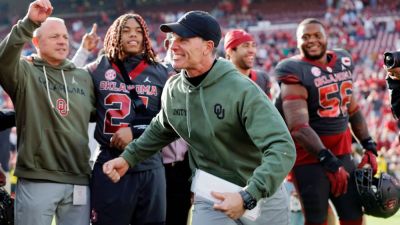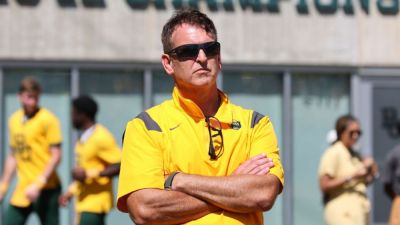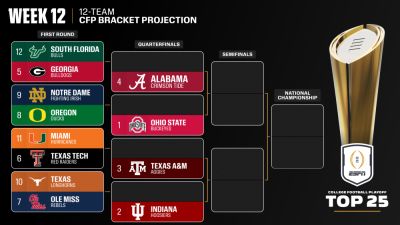Federal lawsuit brought by Iowa college athletes dismissed - ESPN
A federal lawsuit brought by more than 35 Iowa college athletes against state investigators was dismissed Wednesday, as a judge ruled that the investigators had immunity in obtaining the athletes' sports wagering data, even though their search would be classified as unconstitutional.
In April 2024, current and former athletes from the University of Iowa, Iowa State and Ellsworth Community College filed the lawsuit, alleging that state criminal investigators violated their constitutional rights by using geolocation software, without warrants, to track activity on their cell phones from inside the schools' athletic facilities. The investigation resulted in some criminal charges but more so the loss of NCAA eligibility, which ended the college careers of several athletes.
Agents from Iowa's Department of Public Safety, Division of Criminal Investigation, had access to geolocation software through the Canadian company GeoComply, which tracks users from major online sportsbooks such as DraftKings and FanDuel. The athletes' lawsuit alleged that while search warrants were obtained for their cell phones, those warrants were «invalid and unconstitutional» because the information used to justify them was acquired without a warrant.
U.S. District Judge Rebecca Goodgame Ebinger wrote in her ruling that the state's search was unconstitutional when applying Fourth Amendment principles, but that DCI investigators had qualified immunity because the plaintiffs' rights had not been clearly established at the time of the probe. Seven Iowa officials were named in the lawsuit, including DCI special agent Brian Sanger, who spearheaded the investigation into athlete wagering.
«Plaintiffs do not cite to any controlling authority or a robust set








